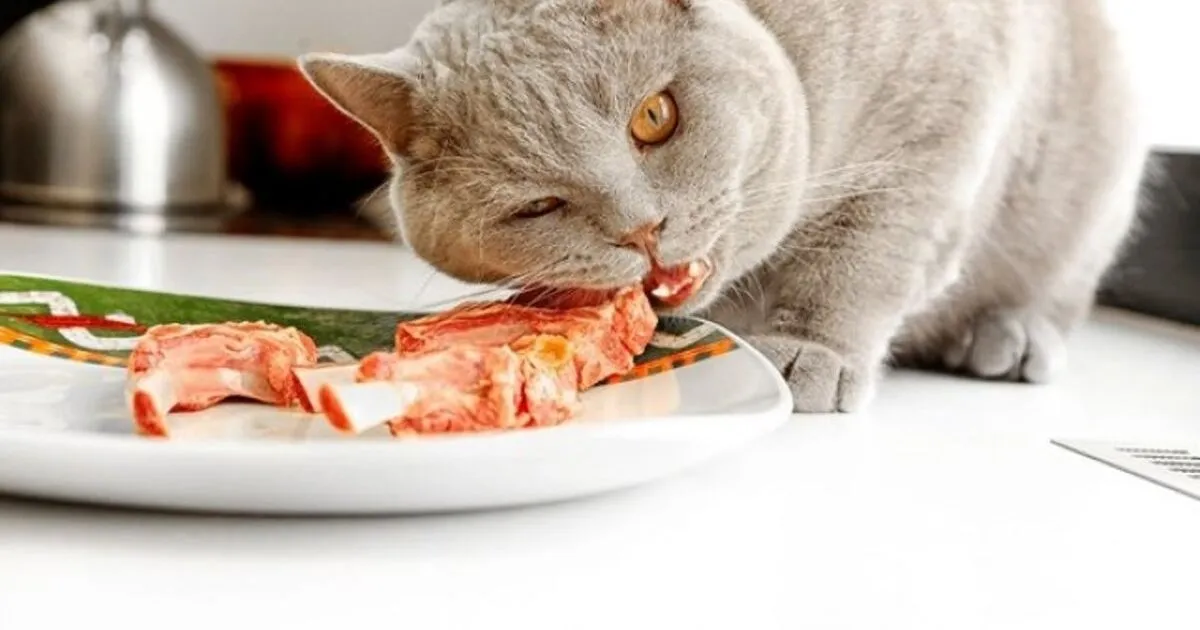Discover whether it’s safe for cats to eat cooked salmon skin. Learn about potential health benefits, risks, and expert recommendations to ensure your feline friend’s well-being. As a pet owner, understanding whether cats can safely eat cooked salmon skin is essential for providing them with a healthy diet. Cats have specific dietary needs that must be met to ensure their overall well-being.
Nutritional Content of Cooked Salmon Skin
Cooked salmon skin is rich in omega-3 fatty acids, vitamins D and E, as well as selenium and magnesium. These nutrients offer potential health benefits, but cats, as obligate carnivores, have unique dietary requirements that may not be fully met by salmon skin alone.
Safety Considerations
Feeding cats cooked salmon skin can pose risks due to its high-fat content and potential presence of seasonings or oils. This can lead to digestive issues, weight gain, and other health concerns for cats.
Benefits of Cooked Salmon Skin for Cats
While cooked salmon skin may offer benefits like supporting skin and coat health, caution is advised due to limited evidence of these benefits for cats. Many experts discourage feeding cats cooked salmon skin and recommend consulting with a veterinarian for dietary advice.
Precautionary Measures
If choosing to feed cooked salmon skin to cats, it should be plain and free of seasonings or oils, and cut into small, digestible pieces to prevent choking hazards. Moderation and as an occasional treat are recommended, with a focus on maintaining a nutritionally balanced diet for cats.

Alternatives to Cooked Salmon Skin
Commercial cat foods containing fish or fish oil supplements are safer options to provide essential nutrients to cats without the potential risks associated with cooked salmon skin. Including these alternatives ensures that cats receive necessary nutrients while minimizing health risks.
Conclusion
Avoiding cooked salmon skin and consulting with a veterinarian for tailored dietary advice is the best approach to support a cat’s health. Veterinary professionals can offer personalized recommendations to ensure that cats receive a balanced diet that meets their specific requirements.
Frequently Asked Questions
Can Cats Safely Eat Cooked Salmon Skin?
Feeding cats cooked salmon skin can pose potential risks such as digestive issues, weight gain, and choking hazards. Many experts advise against it due to these concerns.
What are the potential benefits of cooked salmon skin for cats?
While cooked salmon skin contains nutrients like omega-3 fatty acids that can benefit skin and coat health, the evidence supporting these benefits for cats is limited.
Are there alternatives to cooked salmon skin that are safer for cats?
Commercial cat foods containing fish or fish oil supplements can provide essential nutrients without the potential risks associated with cooked salmon skin.
Should cooked salmon skin be a regular part of a cat’s diet?
No, cats should consume cooked salmon skin in moderation as an occasional treat, and it should not replace a nutritionally complete cat diet tailored to meet their specific needs.
Can cats be allergic to cooked salmon skin?
Cats can develop allergies to certain foods, including fish. If you suspect your cat may have an allergy or sensitivity to salmon or its skin. It is best to avoid feeding it to them. Consult with a veterinarian for guidance.